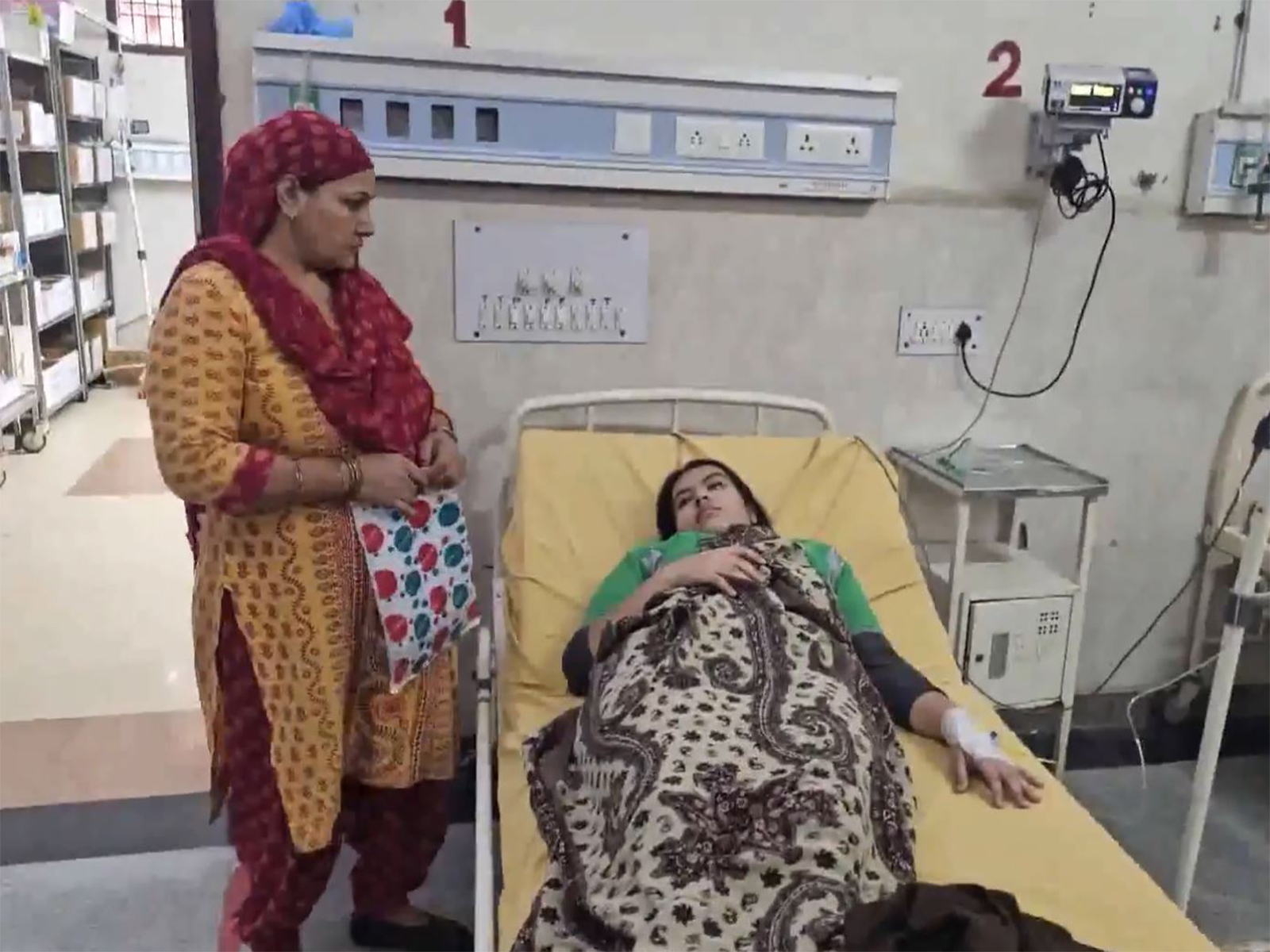Defying ban, some Afghan women studying medicine 'underground'
Dec 30, 2023

Kabul [Afghanistan], December 30 : A year after the Taliban banned women from studying medicine, many students have held onto their passion and are studying the subject in secret, a report by Al Jazeera stated.
More than 3,000 women who had already graduated from medical schools before the ban were barred from taking the board exams required to practice, depriving the country--already struggling from a dire shortage of female medical workers--of a desperately needed infusion of new doctors.
The report cited the story of Lima, who has been practicing various tenets of the subject in an emergency room in Kabul for three months.
After five years of medical training, Lima (28) should be one year into her residency as a doctor, perfecting her diagnostic skills. Instead, she takes temperatures and administers injections, tasks she has been doing at an emergency room in Kabul for three months now. While this is not the work she expected to be doing at this point in her career, she's happy to at least be doing it, Al Jazeera reported.
"Being at the hospital means I can stay close to my field. It helps me to stay connected to it," Lima told Al Jazeera.
For Lima, medicine has been a lifelong dream. She longs to become a surgeon, partially because she knows there is a shortage of them. "My biggest hope is to help people."
Her family moved home to Afghanistan from Pakistan so she could attend university in Kabul where she thrived. She did well in her classes and was appointed her class's 'leader', handling administrative tasks.
Even after a year, many women have refused to give up on their chosen path and have continued studying on their own or online, hoping that someday they will be able to study officially at university and medical school again.
Some women have managed to work around the restrictions, finding secret internships and residency opportunities.
"It's like a refreshment for my studies and for my knowledge. This is the best way for me to do something for my goals," says another girl student, who too found her studies abrupt after the Taliban ban.
Notably, there have already been arrests of activists who tried to defy the ban on girls' education, according to Al Jazeera.
Whatever the risks, however, women refuse to stop trying to defy the ban on higher education completely.
"Never in the history of Afghanistan have we had so many educated, well-aware-of-the-world and well-aware-of-their-duties-and-rights women. It's impossible to silence them; it's impossible to push them aside," said Fatima Gailani, a London-based women's rights activist and former president of the Afghan Red Crescent Society.
Despite the Taliban's initial promise to take a moderate approach towards women's rights after it seized power in August 2021, the ban on higher education is just one of many steps that the armed group has taken to further segregate the country and limit women's role in society.
In the immediate aftermath of August 2021, the Taliban banned girls from going to school beyond the sixth grade and imposed strict rules requiring women to wear hijabs and to travel only with a male chaperone.
They closed down beauty salons and blocked women from working with domestic and international non-governmental aid groups, sparking international outrage on the matter.
"Afghanistan under the Taliban remains the most repressive country in the world for women's rights," said Roza Isakovna Otunbayeva, head of the United Nations Assistance Mission in Afghanistan (UNAMA) in March, who presented the latest report of the secretary-general on the country to the Security Council.
According to Al Jazeera, Afghanistan has an urgent need for female doctors, as they are often the only healthcare providers available for women and children. While there is no explicit law that forbids it, many traditional Afghan families do not allow their female relatives to be seen in the company of male doctors. This is a particular issue in rural areas, where women often have to travel for hours to see a female doctor. Once the current generation of female doctors and nurses retires, even this may not be an option.
"The women here in Kabul and in the provinces are suffering from a lack of women doctors. They are suffering from [lack of] access to health facilities. They are suffering from a lack of access to the treatments that they want," says Aminulhaq Mayel, deputy country director at the Swedish Committee in Afghanistan, a foreign aid organisation.
In 2020, the World Health Organization estimated that 24 women were dying each day in Afghanistan from pregnancy- or childbirth-related causes. While this ranked as one of the highest rates in the world, it was significantly lower than 2001.
However, the experts now fear a sharp reverse in those limited gains. In the aftermath of the Taliban takeover two years ago, Afghanistan lost billions in foreign aid and investment, including for healthcare services.
By September 2021, 80 per cent of national health facilities had reported operational difficulties due to insufficient funding, staff shortages or medical supply shortages. The Red Cross and the UN were forced to step in and pay the salaries of tens of thousands of staff.
Several hospitals were shut down and many doctors had to flee the country, which has further increased the strain on those who stayed, Al Jazeera reported.


















